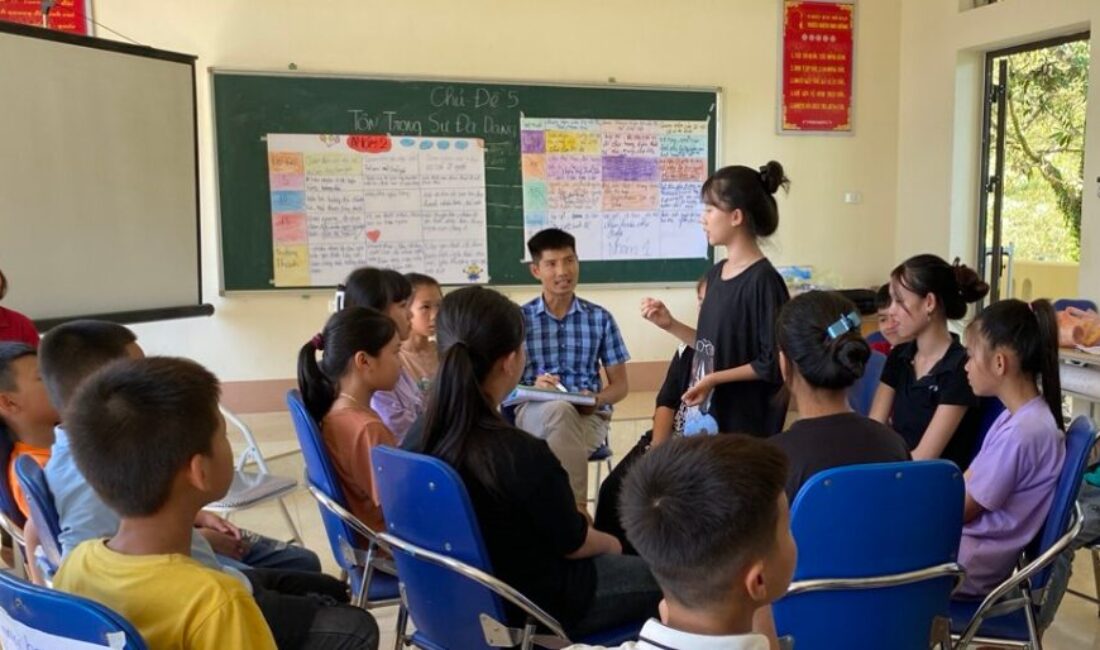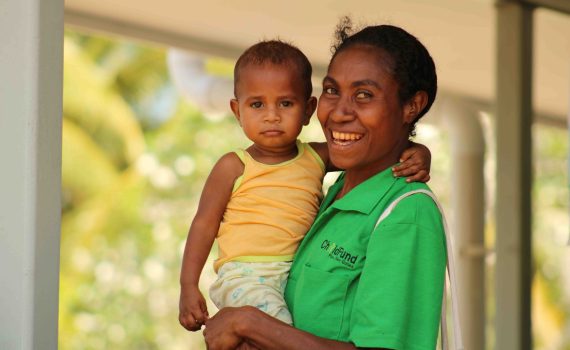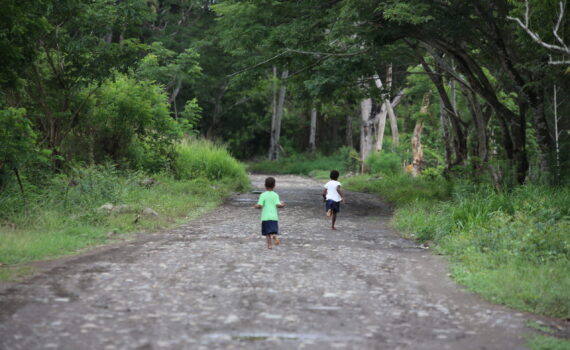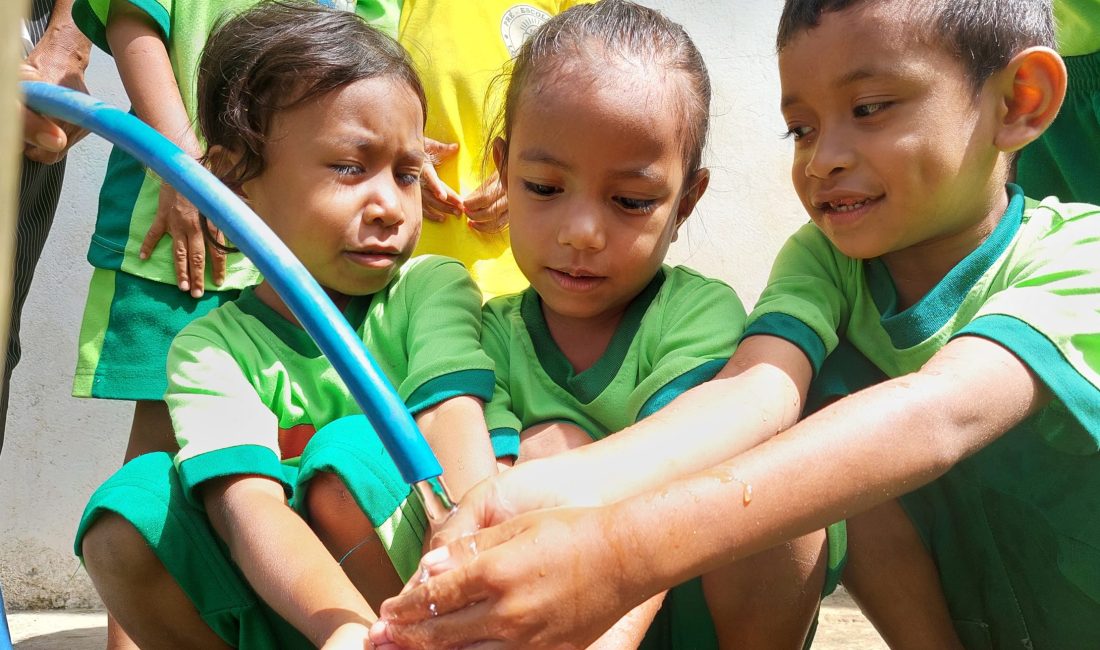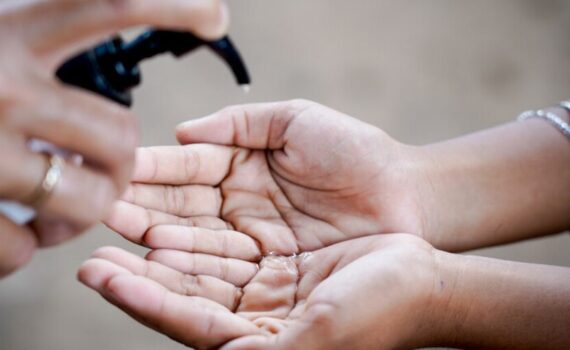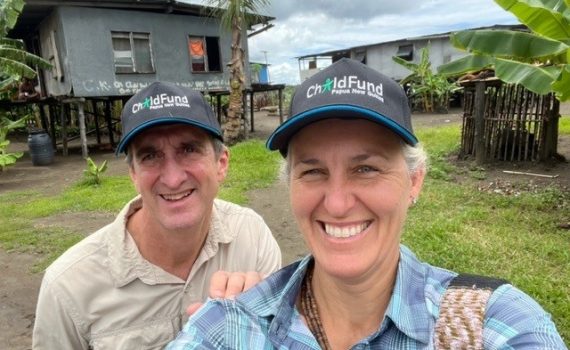The Village Health Assistants Transforming Maternal Care in PNG
Papua New Guinea (PNG) is one of Australia’s closest neighbours, but for many women, the realities of pregnancy and childbirth are often dramatically different from what most Australians…
Growing up healthy: Why childhood vaccinations are important
Learn more about how ChildFund is improving childhood vaccination rates in Papua New Guinea.
What is the difference between an infectious and non-infectious disease?
From transmission to effective prevention strategies, we define and explain the differences here.
From boardroom to village: Tureia and Michael visit PNG
On a recent trip to Papua New Guinea, two of ChildFund Australia’s Board members discovered how grassroots activities were making all the difference in helping to protect children from…






























